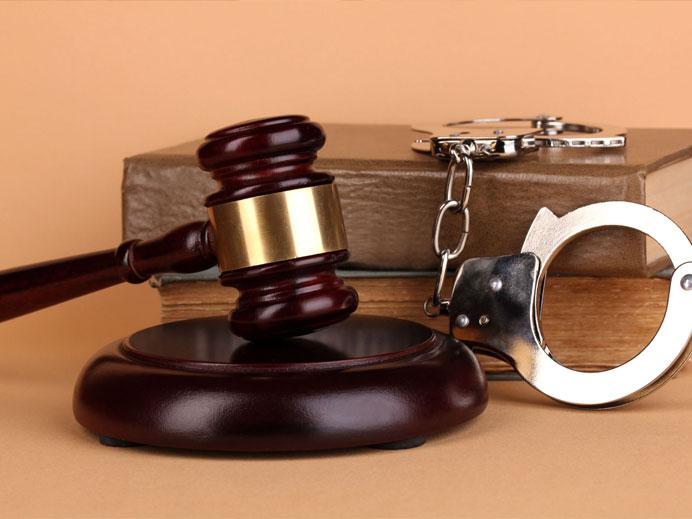I am studying in the third year of the State University of Economics and Technology.I specialize in contractual, economic and corporate law, in particular, I provide consultations and write articles.
As a general rule, accusations in criminal proceedings can be in two forms: public (which is the prevailing one) and private. The procedural aspect of private prosecution consists in the fact that the private accuser is given the right to appeal to state authorities with a certain statement in the form of a statement that there are grounds to consider a specific person guilty of committing an offense, as well as the right to further maintain the prosecution, or to refuse him, the right to collect incriminating evidence. In most cases, during a private prosecution, the general rules of the criminal process are governed, but there are also certain peculiarities. So, for example, according to Art. 477 of the Code of Criminal Procedure, proceedings in this form may not be initiated in all cases, but exclusively for those criminal offenses listed in this article of the Code of Criminal Procedure.
Analysis of the features of private prosecution:
The list of features of this special procedure of criminal proceedings includes the fact that it is initiated exclusively on the basis of the submitted application of the victim. Criminal procedural legislation does not establish any differences regarding the content of statements that are grounds for initiating proceedings both in public and private form. It is worth noting that in the process of submitting an application, it is necessary to take into account the statute of limitations for criminal prosecution. Within 24 hours, information about the offense is entered into the EDPR, and within 24 hours after the entry, the applicant is issued a corresponding extract. The investigator, investigator or prosecutor is authorized to initiate the same proceedings. If the information is entered in the register, then in accordance with Art. 214 of the Criminal Procedure Code, this will indicate the beginning of a pre-trial investigation, which, as a general rule, will be conducted by an investigator, or an investigator, a prosecutor. Regarding the court proceedings as one of the key stages of the criminal process, it will be carried out in accordance with the general rules. If the prosecutor at the stage of the trial is convinced that the indictment is not properly substantiated, he has the right to refuse to support the indictment as stated in the relevant resolution. In the event that this happens, the victim himself has the opportunity to further support the prosecution, for which he is given the necessary amount of rights and time for preparation. There may be cases where the victim does not appear, in which case the court may reach a conclusion on the trial in his absence, or postpone the trial. It is worth noting that such a coercive measure cannot be established as a pretext to the victim, but it is possible to impose fines. As for the reasons for the termination of the proceedings, among them are those related to the violation of procedural norms, for example, the absence of the victim's own statement, as well as the victim's refusal to support the prosecution. It should also be taken into account that in the event of a refusal to prosecute, the victim will lose the opportunity to re-submit an application for the same reasons with the demand to start the proceedings.
Compensation for damage to the victim:
Analyzing the content of Art. 479 of the Code of Criminal Procedure, it can be concluded that an effective way of compensating the victim for the damage is the conclusion of a reconciliation agreement. The victim himself, as well as the suspect or the accused, can initiate the conclusion of the agreement. If the case concerns domestic violence, only the victim will be the initiator. The possibility of concluding an agreement arises from the moment of notification of suspicion and is preserved until the court goes to the deliberation room. In particular, the agreement should specify the amount of the damage and the period within which it must be compensated, as well as other provisions provided for in Art. 471 of the CCP. If there are several victims and the conclusion and approval of the agreement, they will carry out jointly.
Consultation of a lawyer in proceedings in the form of a private prosecution:
It is difficult to underestimate the importance of such a participant as a criminal lawyer, because it is he who will accompany his client at all stages of the process, and will ensure comprehensive protection of his rights. Along with this, a criminal lawyer will prepare procedural documents, conduct an analysis of documents, choose a defense strategy, collect exculpatory evidence, file complaints. Since a criminal case is a rather complex process, the participation of a lawyer and legal analysis of the situation in it is highly desirable.





























